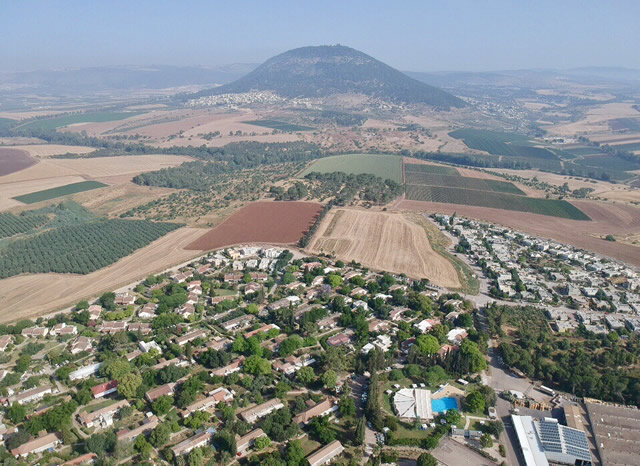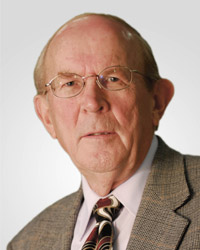
ISRAEL - What Is a Kibbutz?
The word itself means “gathering” in Hebrew. Kibbutzim are a communal living situation unique to Israel. There are about 270 kibbutzim dotted across Israel.
Central to the kibbutz are roots in socialist and Marxist ideas about collective living. Early kibbutzim were exercises in radical democracy, said David Leach, author of the book Chasing Utopia: The Future of the Kibbutz in a Divided Israel.
“I would say they are considered one of the most successful experiments in voluntary socialism,” said Ran Abramitzky, a professor of economics at Stanford University. “Jewish immigrants who founded kibbutzim rejected capitalism and wanted to form a more socialist society.”
Kibbutz residents have never made up a majority of Israel’s residents. (Currently, less than 3% of Israel’s population live on one.) Despite their small numbers, kibbutzim have had outsized cultural and political influence on Israel for much of its history, with many politicians, military leaders, intellectuals and artists all coming from kibbutzim. Politics in kibbutzim are associated with the left-wing and peace solutions.
Before the formation of the state of Israel, the kibbutz played an important role in the Zionist mission of state-building.
That dual purpose fed the early stereotype of a kibbutz resident, or a kibbutznik, as a combination of farmer and fighter—someone who was there to both “farm the land but also establish its borders and defend it,” Leach said.
-www.npr.org, 12 October 2023
Arno's Commentary
Historians undividedly place the kibbutz movement as the cornerstone of Israel. Needless to say, food was—and still is—the rock of survival. But as the article explains, the community of the kibbutz was responsible for the food, clothing, shelter, healthcare, and education of its members on the premises. No one owned anything, yet they owned everything: All for one, and one for all, which is practiced in militaries around the world.
The majority of kibbutzim were not established on religious principles, and as Ran Abramitzky states, “Jewish immigrants who founded kibbutzim rejected capitalism and wanted to form a more socialist society.”
When we turn to Ezekiel 36, we read of the resurrection of Israel. Note the prophecy is directed to the topographical area, and later to the people: “But ye, O mountains of Israel, ye shall shoot forth your branches, and yield your fruit to my people of Israel; for they are at hand to come” (verse 8). Kibbutzim prepared for the people at hand to come.
But that’s not all; we read something very important in verse 26: “A new heart also will I give you, and a new spirit will I put within you: and I will take away the stony heart out of your flesh, and I will give you an heart of flesh.” Take note of the words “a new heart” and “a new spirit.” Jews were considered as somewhat inferior soldiers throughout Europe’s history, and in many cases, they were not allowed to own land. Subsequently, they were not farmers. But that all changed: Once a Jew stepped on the soil of the Promised Land, he received “a new heart” and “a new spirit.” Defense of their farmland was extremely important and a cornerstone of the Jews’ survival in the midst of a hostile Arab majority.
Yet that’s not the end, for Ezekiel 36:27 proclaims: “And I will put my spirit within you, and cause you to walk in my statutes, and ye shall keep my judgments, and do them.” Note the distinct difference; no longer “a new spirit” but “my spirit.” That is yet to come. The last verse awaits fulfillment: “As the holy flock, as the flock of Jerusalem in her solemn feasts; so shall the waste cities be filled with flocks of men: and they shall know that I am the LORD.”



